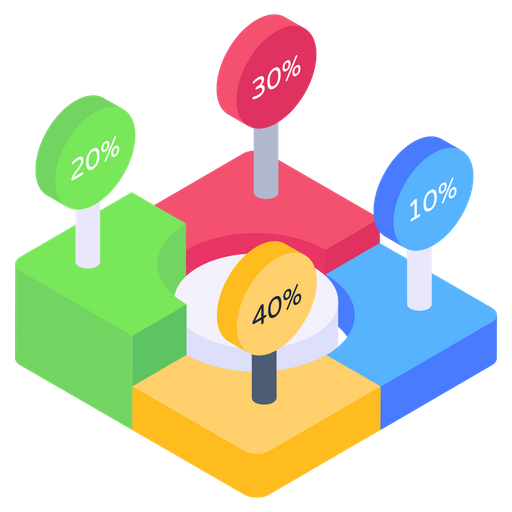If you’re new to accounting, your first instinct might be to think of it as a rigid, rules-based discipline—plugging numbers into specific columns, checking boxes, and following structured formulas. But talk to seasoned accountants—especially those who truly love their work—and you’ll hear a different perspective.
Accounting, at its core, is both a science and an art. The science provides structure, logic, and consistency. The art requires creativity, judgment, and adaptability. When faced with complex financial puzzles under time constraints and with incomplete information, accountants rely on both sides of the equation to develop solutions and keep businesses running smoothly.
Let’s explore both aspects of accounting:
1. Accounting as a Science
Accounting has a deeply analytical and structured foundation. It operates on established principles, formulas, and frameworks that ensure accuracy and consistency. Here’s how:
📚 Double-entry bookkeeping: Every financial transaction affects at least two accounts, ensuring the books remain balanced.
📓 GAAP & IFRS frameworks: Standardized accounting principles create uniformity, making financial statements reliable and comparable.
🧠 Data-driven decision-making: Accountants analyze financial data to generate insights that drive business strategies.
✅ Regulatory compliance: Companies must adhere to tax codes, audit requirements, and financial reporting regulations.
🏆 Financial modeling: Businesses rely on structured financial forecasts and calculations to predict future performance.
🔎 Error detection: Through reconciliation and audits, accountants identify inconsistencies and ensure financial integrity.
2. Accounting as an Art
While accounting is built on structure, it also demands creativity, problem-solving, and strategic thinking. Here’s how the art side comes into play:
🚀 Interpreting financial data: Numbers alone don’t tell the full story—accountants must extract meaningful insights.
🎯 Problem-solving under constraints: Real-world scenarios rarely offer perfect data; accountants must work with what they have.
💰 Optimizing financial strategies: Whether it’s tax planning, budgeting, or cost-cutting, innovative approaches can maximize efficiency.
📊 Designing financial systems: Accountants help businesses build efficient processes and workflows tailored to their unique needs.
💡 Judgment and discretion: Estimating reserves, recognizing revenue, and choosing accounting methods all involve professional judgment.
📈 Communicating financial information: The best accountants translate complex financial data into digestible insights for decision-makers.
At LEDGEROO, we’re passionate about accounting in both respects. We love the structured, scientific foundation—the way financial data flows symmetrically, ensuring every entry has a corresponding impact. But we also thrive on the creative problem-solving that makes accounting a dynamic and rewarding field.
If you’re ready to explore both the science and art of accounting, you’re in the right place. Get started with a free 7-day trial and experience what LEDGEROO has to offer.
February 28, 2025
Learning Accounting—Is It an Art or a Science?
When learning accounting, it’s crucial to understand the best approach to mastering the subject and what strategies will ultimately lead to success.
